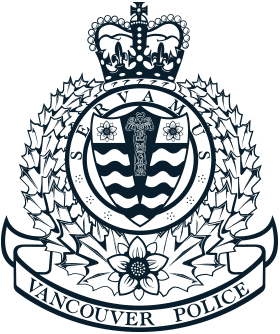Violence in relationships can include intimidation and threats, as well as physical or sexual assault. The abuse can be physical, sexual, emotional, psychological, verbal, or financial. Just because you don’t have physical injuries doesn’t mean you’re not being abused.
An abuser uses threats and violence to gain power and control over his or her partner, and to take away their self-worth. Victims are all genders, sexual orientations, and ethnicities. They may be married, common-law, dating or in an intimate relationship – past or present. The frequency and severity can vary.
You may feel frightened, ashamed or isolated. If you have children, they may also be suffering, whether or not they witness the abuse. It’s important to remember that you are not to blame and you are not alone. There is help available.
Examples of Abusive Behaviour:
- humiliating or degrading you in front of others
- isolating you or stopping you from leaving home, taking your phone
- yelling at you, insulting you or calling you names
- controlling and limiting what you do, where you go, and who you see
- threatening to hurt you, your children, someone you know, or a pet
- breaking your things, damaging property
- controlling all the money in the household and not letting you have any
- threatening to have you deported
- following you or watching you wherever you are
- repeatedly phoning you
- forcing you into sexual activity that you don’t want
- shoving, slapping, choking, punching, or kicking you
The VPD has adopted the Ministry of Attorney General guidelines for police and crown prosecutors in the Violence Against Women in Relationships (VAWIR) Policy, which include:
- all incidents involving domestic violence will be investigated thoroughly
- officers will make an arrest when an investigation supports a criminal charge, with an emphasis on victim safety
- members will not try other resolutions
- patrol and other officers are encouraged to seek further guidance/clarification from the Intimate Partner Violence and Risk Assessment Unit when required
Making a Police Report
Call 9-1-1 if your immediate safety is at risk, including your abuser breaching any court conditions. Otherwise, you can make a police report by calling our non-emergency line at 604-717-3321.
A police officer will contact you and take your statement. They can put you in touch with our Victim Services workers or other resources in the community, including a transition house if needed.
Tips for not Revealing Your Location
- Change your routines – don’t be too predictable
- Don’t post pictures in social media where your location is easily identifiable
- Don’t “check in” to locations on Facebook or other social media platforms
- Make sure your friends are aware so they don’t post pictures that could give your location away
- Turn location services off of all app and accounts if you suspect the accused has access to them
- Consider speaking with your family / neighbours / co-workers to let them know what is happening so they can look out for your abuser – you can decide how much you want to share
Resources
Battered Women’s Support Services
(604) 687-1868
1 (855) 687-1868 toll-free
BC Society for Male Survivors of Sexual Abuse
(604) 682-6482
Email: victimservices@bc-malesurvivors.com
BC Women’s Hospital and Health Centre
(604) 875-2424
1 (888) 300-3088 toll-free
Email: comm@cw.bc.ca
BC Society of Transition Homes
Ending Violence Association of BC
(604) 633-2506
Family Services of Greater Vancouver
(604) 731-4951
Legal Services Society of BC
(604) 408-2172
1 (866) 577-2525 toll-free
Mosaic – Stopping the Violence
(604) 254-9626
Email: mosaic@mosaicbc.com
QMUNITY
(604) 684-5307 ext. 100
Email: reception@qmunity.ca
Salal Sexual Violence Support Centre
(604) 255-6228
24-Hour Crisis and Information Line:
(604) 255-6344 or toll-free 1 (877) 392-7583
Email: admin@salalsvsc.ca
Vancouver Aboriginal Community Policing Centre Society
(604) 678-3790
Email: executivedirector@vacpc.org
VPD Victim Services
(604) 717-2737
Email: vpd.vsu@vpd.ca
Vancouver Coastal Health – ReAct
(604) 904-6173
1 (877) REACT-99
Email: react@vch.ca
Vancouver Rape Relief and Women’s Shelter
(604) 872-8212
Email: info@rapereliefshelter.bc.ca
Victim Link BC
1 (800) 563-0808
TTY: 604-875-0885
Text: (604) 836-6381
Email: VictimLinkBC@bc211.ca


